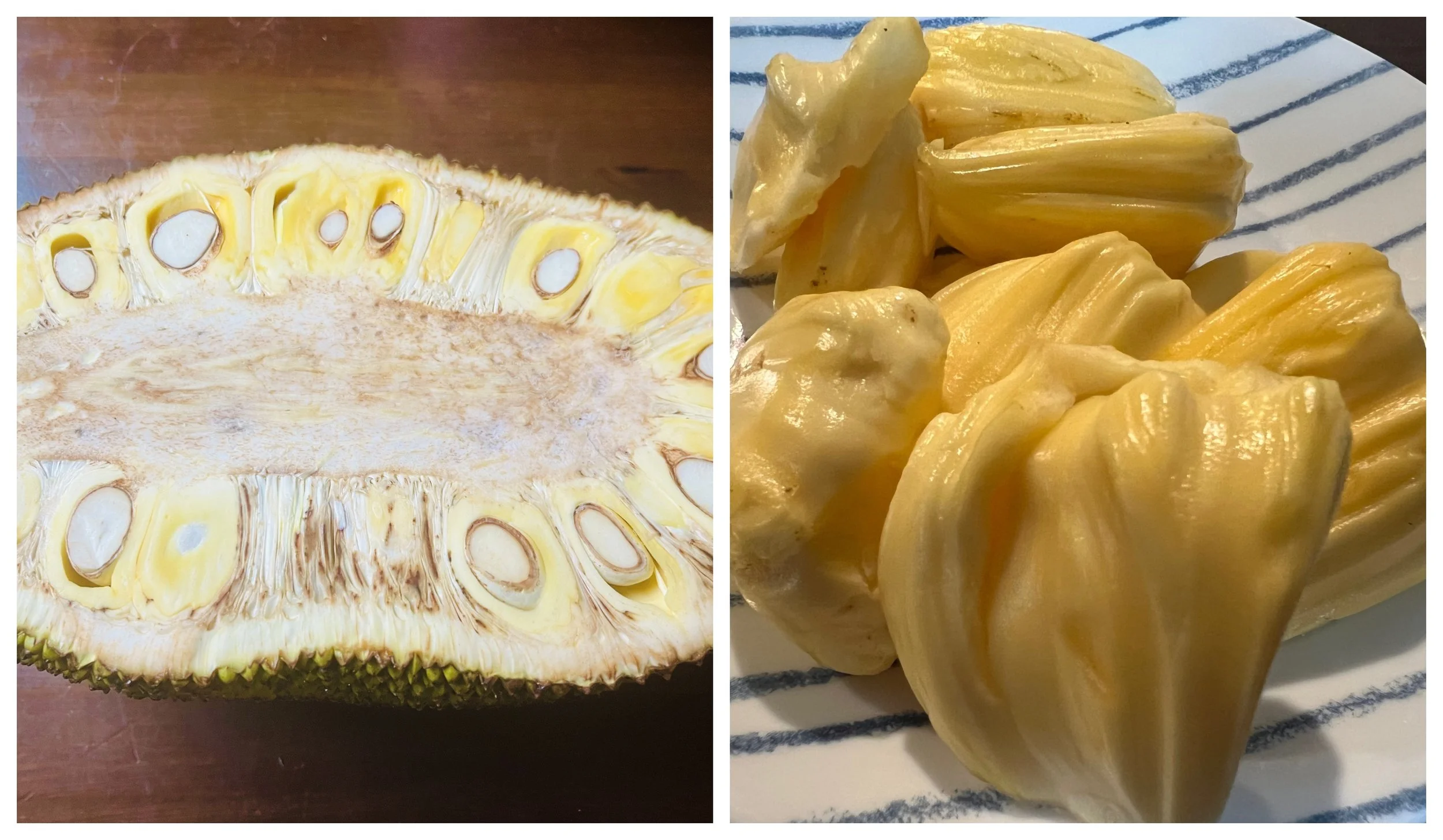Health spotlight—Pomegranate (Punica granatum L.)

This fruit is cultivated in the Asian and Mediterranean regions. This fruit has a host of anti-inflammatory, anti-oxidant, anti-hypertensive effects, and anti-microbial effects. The fruit grown in a shrub can be adapted in tree as well as trellis form. The plant thrives in an environment that has mild winters and predominantly drier summers. The plant can be deciduous or evergreen depending on the location. In this section we will discuss the composition as well as health benefits of the fruit.
Composition:
The fruit is rich in tannins (ellagitannins and gallotannins), anthocyanins, flavonols, and phenolic compounds. The fruit is also rich in organic acids like citric acid. It is important to note that the peel is a source of phenolics. Punicalagin belongs to the family of ellagitannins and contributes to the antioxidant effect of the fruit. Anthocyanins contribute to the color of both the juice as well as the fruit. The flavonols are present in both the juice and the peel of the fruit.
Health benefits
Anti-carcinogenic effects:
Pomegranate is a functional fruit that can be used as a dietary adjunct in renal tumors. Pomegranate extracts block nuclear factor kappa B activity in both renal cell carcinoma as well as prostate cancer models. The pomegranate peel extract and punicalagin have shown anti-proliferative activity, by inducing apoptosis of cancer cells as well as inhibition of growth of prostate cells. Punicalagin also induces cell death of papillary thyroid carcinoma cells, and has anti-proliferative effects on human lung, breast, cervical and non-small cell lines of cancer. Intake of the fruit is associated with prevention of cancer spread.
Skin effects:
Pomegranate is associated with decreased UV mediated sun damage and can positively affect tropoelastin levels that contribute to youthfulness by augmenting skin elasticity.
Anti-diabetic and anti-cholesterol effects:
The fruit also decreases alpha-glucosidase levels and thereby decrease starch digestibility and decreases post-prandial (levels after a meal)sugar levels. In animal models, extracts of the fruit also enhance the lowering of cholesterol by increasing bile acid synthesis.
Anti-neurodegenerative effects:
Consumption of pomegranate that is rich in punicalagin as well as urolithins can help slow the progression of Alzheimer’s disease. The Punicalagin has anti-amylogenic, anti-inflammatory effects as well inhibit lipopolysaccharide -induced memory impairment.
Anti-osteoporotic effects:
Punicalagin and extracts of peel and fruit can affect the osteoclasts and osteoblasts and have a positive effect in the prevention of osteoporosis.
Anti-cavity effects:
Pomegranate peel extracts inhibit the growth of cavities causing bacteria. They decrease the biofilm production that leads to bacterial overgrowth and dental caries.
As seen above, this functional food is rich in beneficial effects and is a good addition to our diet. As always, I wish that you keep your health and nutrition in center focus and live long and strong!































